Have you ever stared at your cat and wondered, “What’s going on in that little furry head?” It’s easy to assume that our feline friends are mysterious or aloof, but science and experience tell a different story. Cats are surprisingly tuned in to our lives—watching, learning, and reacting in ways that may shock you. From reading your moods to predicting your routines, their understanding goes far beyond what we might ever guess. Get ready to be amazed, amused, and maybe even a little unnerved as we unravel the secret intelligence of your cat.
Your Emotional Ups and Downs
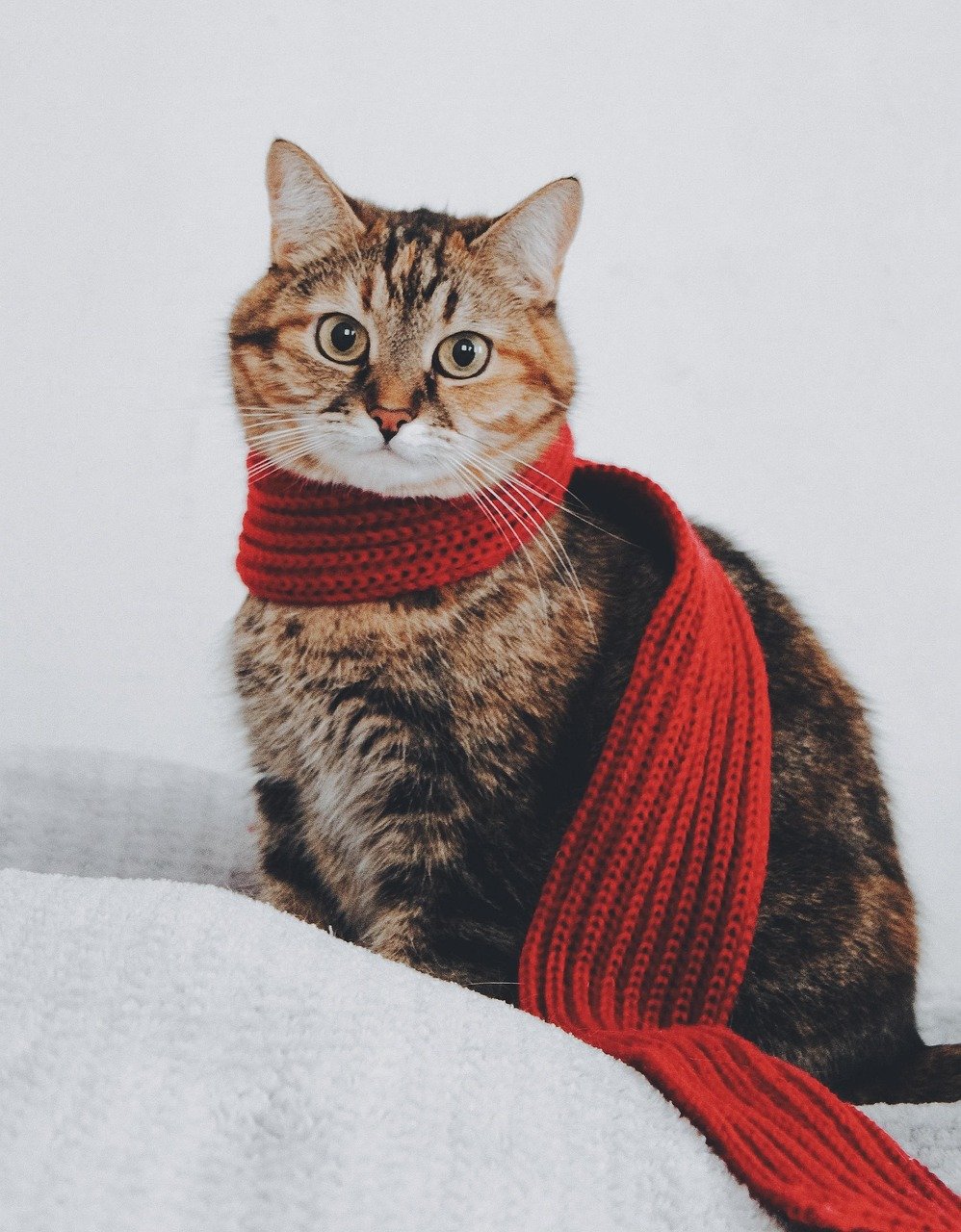
Cats are keenly attuned to emotional changes in their humans, often picking up on subtle cues long before anyone else does. If you’ve ever noticed your cat curling up beside you when you’re sad or anxious, it’s no coincidence. Their sensitive whiskers, ears, and even their noses can detect shifts in your voice, breathing, and body language. When you’re upset, your cat might purr more loudly or stay close, acting as a furry emotional anchor. They don’t just respond to negative feelings; when you’re happy and relaxed, your cat may become more playful and affectionate, mirroring your mood. This emotional radar is part of their survival instinct, helping them stay safe by understanding the social environment. Over time, cats learn what makes you stressed or joyful and adjust their behavior accordingly. It’s as if they’re silent partners in your emotional journey, responding with empathy that often goes unnoticed.
Your Daily Routines and Habits

Cats are notorious creatures of habit, but did you know they keep track of your daily patterns just as much as their own? Whether it’s the sound of your alarm clock, the jingle of your keys, or your evening wind-down routine, your cat is always watching. They memorize your schedule so well that they’ll often be waiting by the door when you get home, or nudge you awake when it’s breakfast time—even on weekends. If you deviate from your routine, your cat might become anxious or act out, because they notice every little change. Some cats even anticipate when you’re about to leave the house, hiding or becoming extra affectionate. This anticipation isn’t just about meals—it’s about the comfort and predictability your habits provide. Think of your cat as a tiny, furry timekeeper, quietly tracking your every move.
Your Tone of Voice

Even though cats don’t understand human language the way dogs might, they’re experts at interpreting tone. A gentle, soothing voice can calm a nervous cat, while a sharp or angry tone may send them running for cover. Over time, your cat learns to associate certain tones with specific outcomes—like a sweet voice before treats, or a stern one before a dreaded bath. They may not know the words, but they know when you’re calling them for affection or warning them away from the kitchen counter. This sensitivity to tone is rooted in their wild ancestry, where vocal cues from other animals signaled safety or danger. So, next time you talk to your cat, remember: your tone speaks volumes, and your cat is listening intently.
Your Scent and Physical State
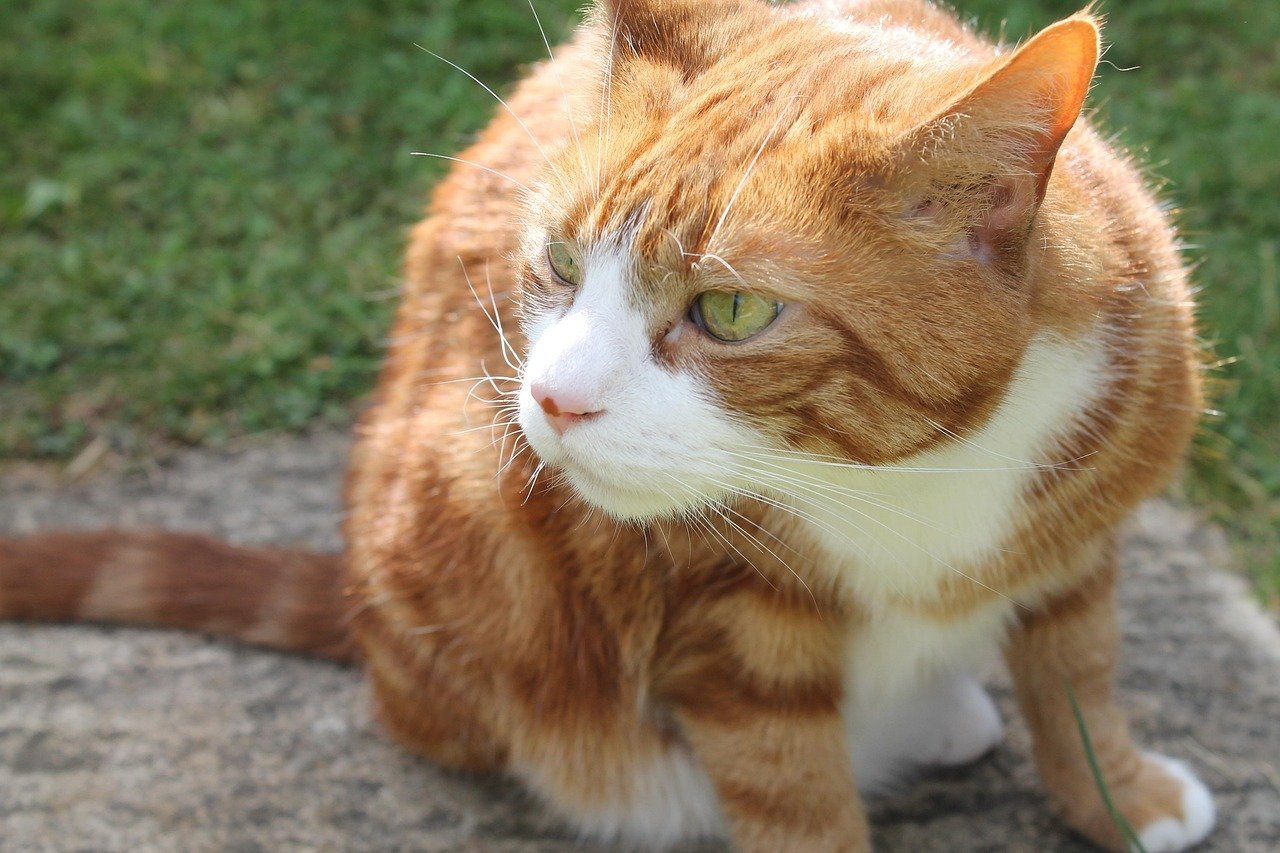
A cat’s sense of smell is nothing short of extraordinary, and they use it to gather information about your health and well-being. When you’re sick, stressed, or even just sweating more than usual, your scent changes—and your cat notices. Some cats have been known to detect illnesses like diabetes or migraines before their owners are even aware, simply by picking up on subtle chemical cues. Your cat may sniff you more intently when something’s different, or choose to lay on a particular part of your body if they sense discomfort. They also learn to distinguish your scent from that of other humans, creating a unique “scent map” of their favorite person. In a way, your cat is your own living, breathing, four-legged health monitor.
Your Stress and Anxiety Levels

Cats are natural stress detectors, often responding to their owners’ anxiety with changes in their own behavior. When you’re frazzled, your cat might hide, become more vocal, or even act out with unwanted behaviors like scratching or biting. They feel your tension, sometimes mirroring it in surprising ways. On the flip side, when you’re calm and relaxed, your cat is more likely to be affectionate and settled. Some cats even step in as furry therapists, purring on your lap and helping to lower your blood pressure. Their ability to sense and react to stress isn’t just a quirk—it’s a sign of the deep, emotional connection they share with you.
Your Relationships with Others
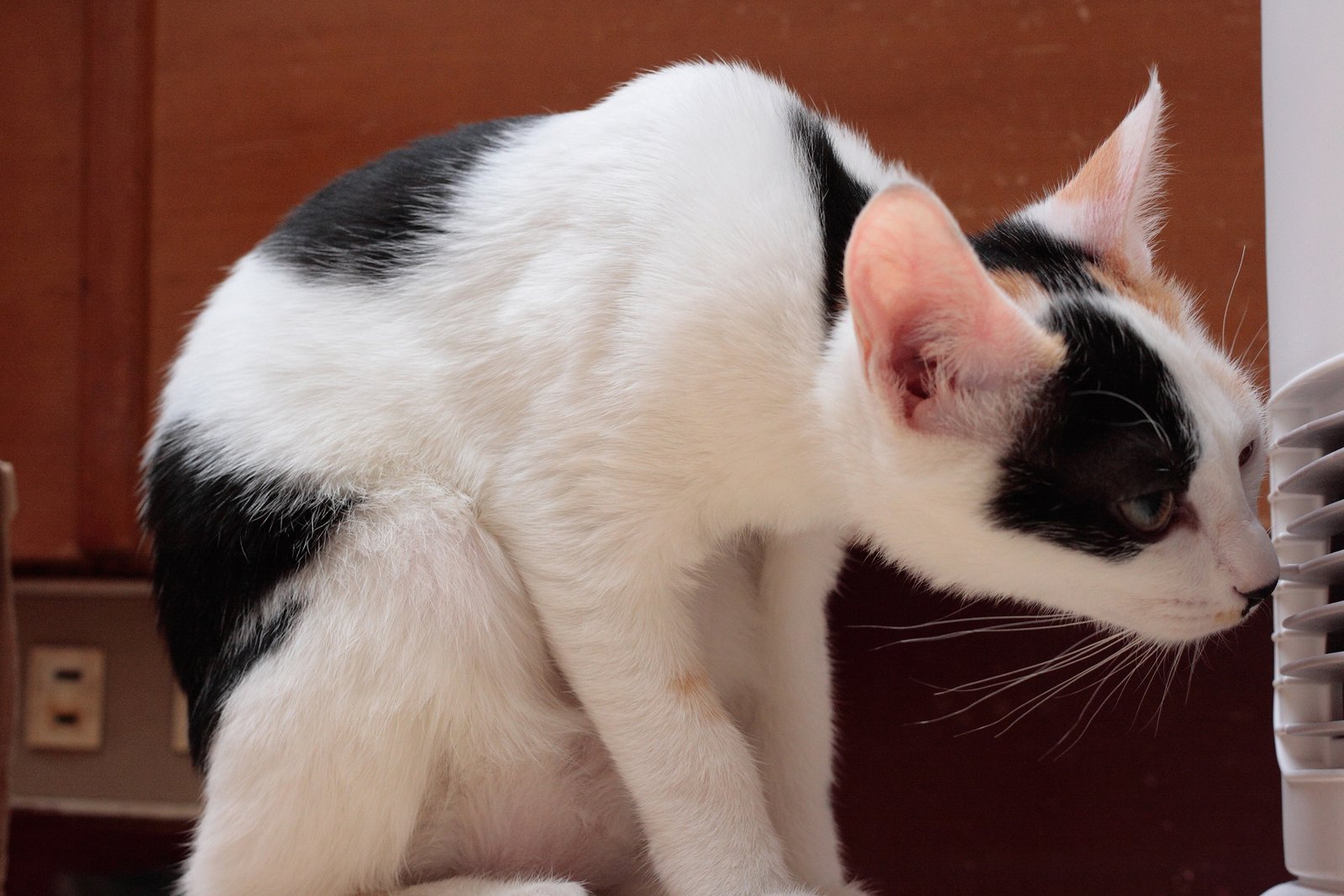
Cats are much more observant of your social life than you might imagine. They watch how you interact with friends, family, and even strangers, picking up on who makes you happy or stressed. If a new person enters your life, your cat might act standoffish or curious, depending on how you respond to them. Over time, cats can even develop preferences for certain people, gravitating toward those you like and avoiding those you don’t. They may snuggle with your partner if they sense a close bond, or keep their distance from visitors who make you uneasy. In their own way, cats are silent judges of your social circle, quietly choosing sides as they observe your interactions.
Your Body Language
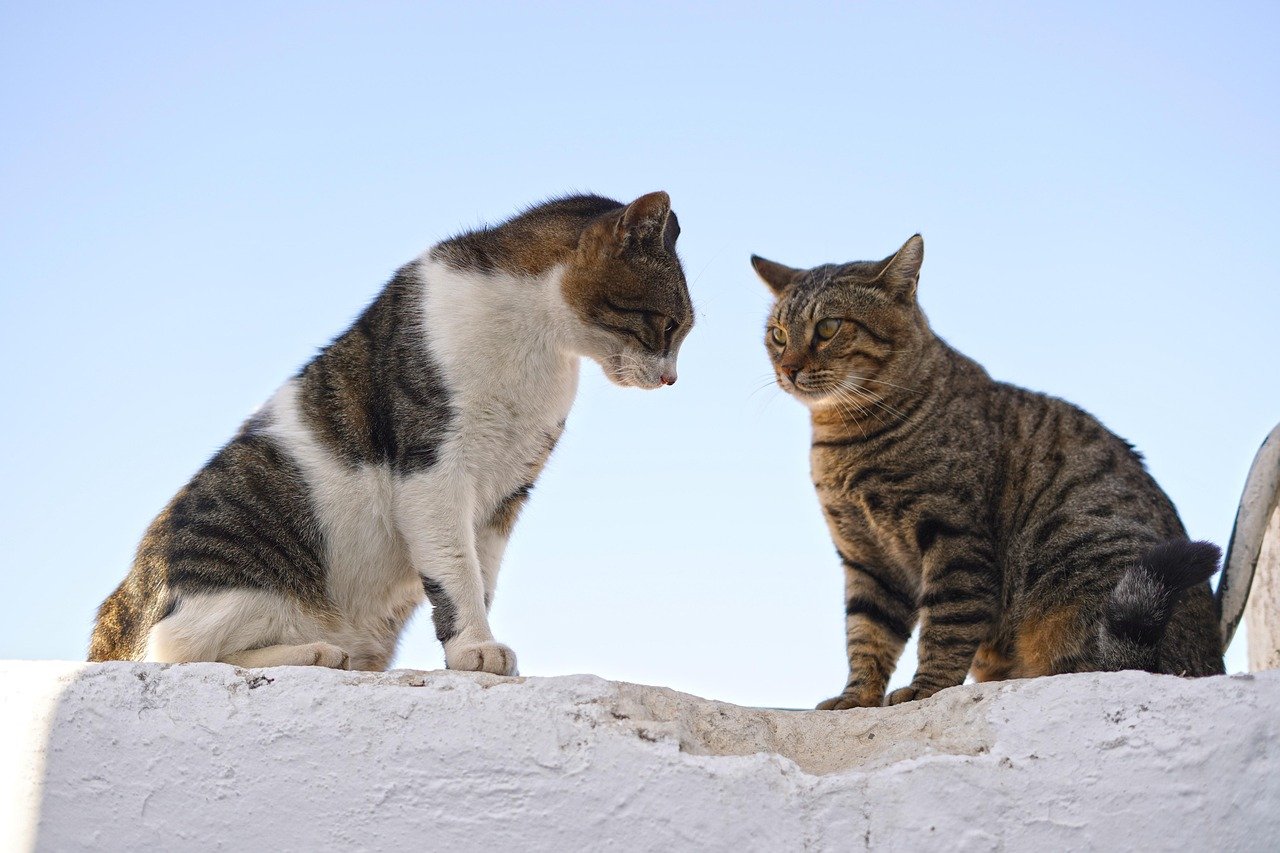
Cats are excellent readers of body language, often noticing things that go right over our heads. A slight slump in your shoulders, a quick gesture, or a lingering stare can all send signals to your feline friend. If you suddenly move quickly or seem tense, your cat may interpret this as a sign to be cautious or retreat. On the other hand, slow, relaxed movements invite your cat to approach and interact. They learn your habits and quirks over time, adapting their own body language to match. This nonverbal communication creates a silent understanding between you and your cat, deepening your bond in ways words never could.
Your Health and Wellness

It’s astonishing, but some cats seem to instinctively know when their owners aren’t feeling well. Stories abound of cats staying by a sick person’s side, refusing to leave even for food or play. They may become extra gentle, purring softly and kneading with their paws—a behavior thought to be both comforting and healing. Some researchers even suggest that a cat’s purr has therapeutic effects, helping to reduce pain and speed up healing. Whether it’s science or just the magic of companionship, your cat’s awareness of your health is a testament to their empathy and intuition.
Your Preferences and Dislikes

Spend enough time with a cat, and they’ll quickly learn what you love—and what drives you up the wall. They notice if you cringe at the sound of scratching, or if you shower them with praise for using their scratching post. Cats remember which toys you play with, which rooms you prefer, and even which foods you like to share. Over time, they adapt their behavior to fit your likes and dislikes, sometimes pushing boundaries just to see your reaction. This adaptability is part of what makes cats such entertaining companions, always keeping you guessing.
Your Favorite Spots at Home

Cats are experts at staking out the coziest, sunniest spots in the house—but they also pay attention to where you like to spend your time. If you have a favorite chair, don’t be surprised if your cat claims it as their own, curling up there whenever you’re not around. They associate certain places with your presence and comfort, making those spots their own little sanctuaries. Sometimes, your cat will even follow you from room to room, settling nearby as a quiet show of loyalty. This shared sense of space is one of the subtle ways your cat bonds with you.
Your Feeding and Treat Habits

Cats have an uncanny ability to learn exactly when and how you feed them, picking up on the smallest rituals. They know the sound of the treat jar opening, the crinkle of a food bag, or even the way you walk toward the kitchen. Their internal clock becomes synchronized with your meal times, prompting them to appear at your feet right before breakfast or dinner. If you’re late, expect persistent meows or gentle headbutts as reminders. This awareness isn’t just about hunger—it’s about trust, routine, and the special moments you share over food.
Your Bedtime Rituals

Cats are nocturnal by nature, but they still adapt to your sleeping patterns in surprising ways. They notice when you start preparing for bed—brushing your teeth, turning off lights, or fluffing pillows—and often join you for the nightly routine. Some cats knead the blankets, purr beside your head, or curl up at your feet, forming a comforting presence as you drift off. If you stay up late or toss and turn, your cat might become restless, too. This synchronization of sleep habits is a testament to how closely your cat follows your lead, even when the house is quiet and dark.
Your Absence and Return

Cats may have a reputation for independence, but your absence doesn’t go unnoticed. Many cats become anxious or lonely when their favorite person is gone, often waiting by the door or searching the house. When you return, they may greet you with excited meows, headbutts, or even a little “welcome back” dance. Some cats act aloof at first, only to snuggle up once you’ve settled in. This reaction isn’t just about food or routine—it’s a sign of attachment and affection, showing that your presence really matters.
Your Voice and Pet Names

Over time, cats learn to recognize their own names, as well as the special nicknames you give them. They may respond with a flick of the tail, a meow, or by coming closer when they hear their favorite human calling. Cats also distinguish between your voice and those of others, often reacting more strongly to familiar tones. If you use specific words or phrases before treats or playtime, your cat will quickly connect the dots. This recognition goes beyond simple sound—it’s a sign of the unique bond you share with your pet.
Your Reactions to Their Antics

Cats are master manipulators, always testing boundaries and observing your responses. If knocking over a glass gets your attention, they may do it again—just to see your reaction. On the flip side, if you ignore certain behaviors, your cat might lose interest. They’re quick to learn what earns praise, what sparks laughter, and what triggers frustration. This constant feedback loop shapes your cat’s behavior, making your reactions a crucial part of their world.
Your Boundaries and Comfort Zones
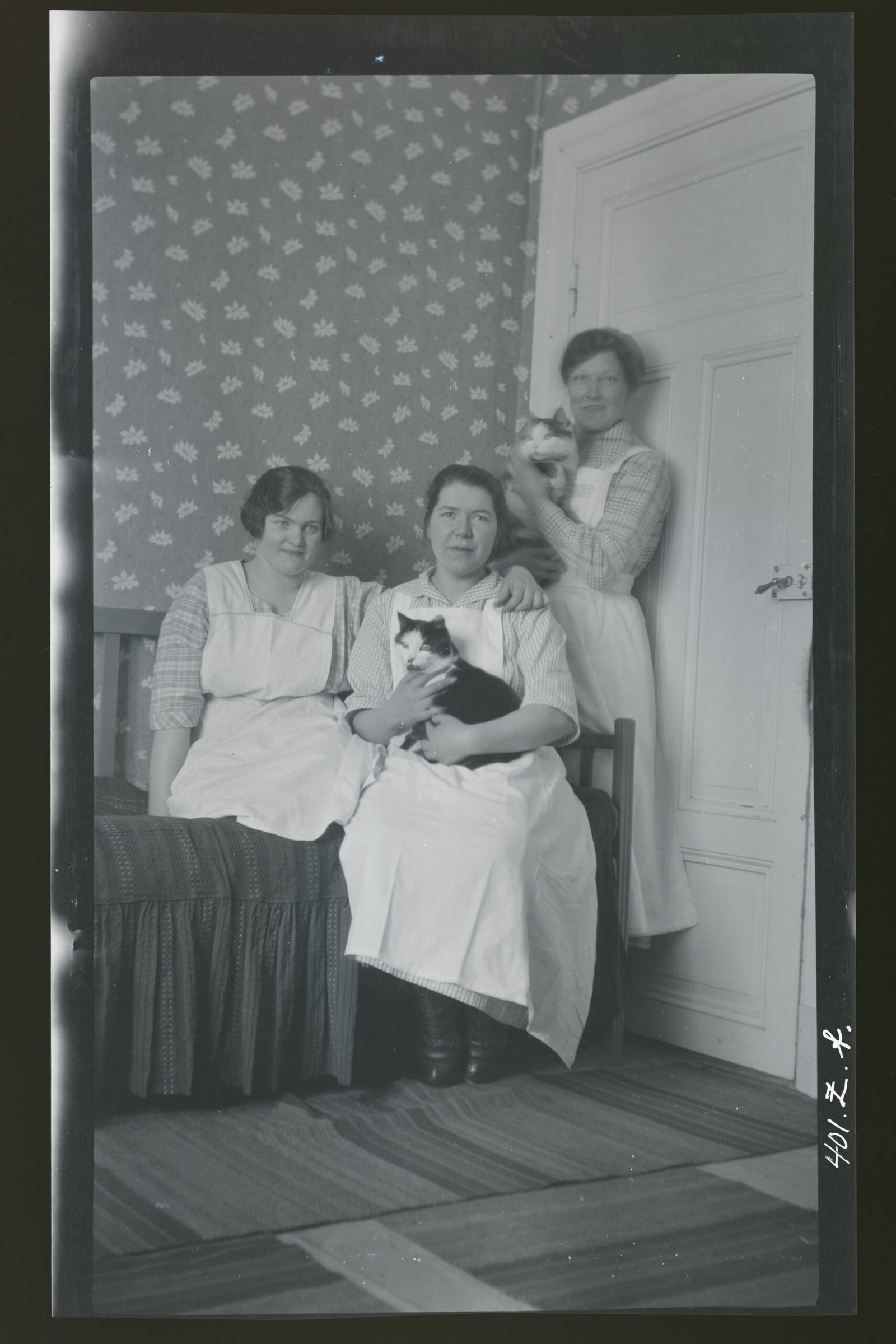
Cats are sensitive to personal space, often picking up on cues about when you want to cuddle and when you need alone time. If you push them away gently or avoid eye contact, most cats will back off, respecting your boundaries. Conversely, if you invite them onto your lap or pet them softly, they’ll eagerly accept the affection. Over time, your cat learns to read your comfort zones, adjusting their behavior to fit your mood and preferences. This respect for boundaries is a key part of the trust between you and your feline companion.
Your Reaction to Changes

Cats are creatures of habit, but they also pay close attention to how you handle change. Whether it’s a move to a new home, a new family member, or even a rearranged living room, your response sets the tone. If you’re calm and reassuring, your cat is more likely to adapt smoothly. If you’re stressed or upset, your cat may become anxious or withdrawn. By watching your reactions, cats learn when it’s safe to explore and when to stay cautious. This adaptability makes them resilient companions, always attuned to your cues.
Your Playfulness and Energy Levels

Cats love to play—but they also know when you’re in the mood for fun and when you’re too tired to join in. If you pick up a toy or dangle a string, your cat will quickly engage, matching your energy with leaps and pounces. On lazy days, they’re just as happy to lounge beside you, soaking up the quiet. This ability to synchronize with your moods makes playtime more rewarding for both of you, strengthening the bond you share.
Your Presence in the Home
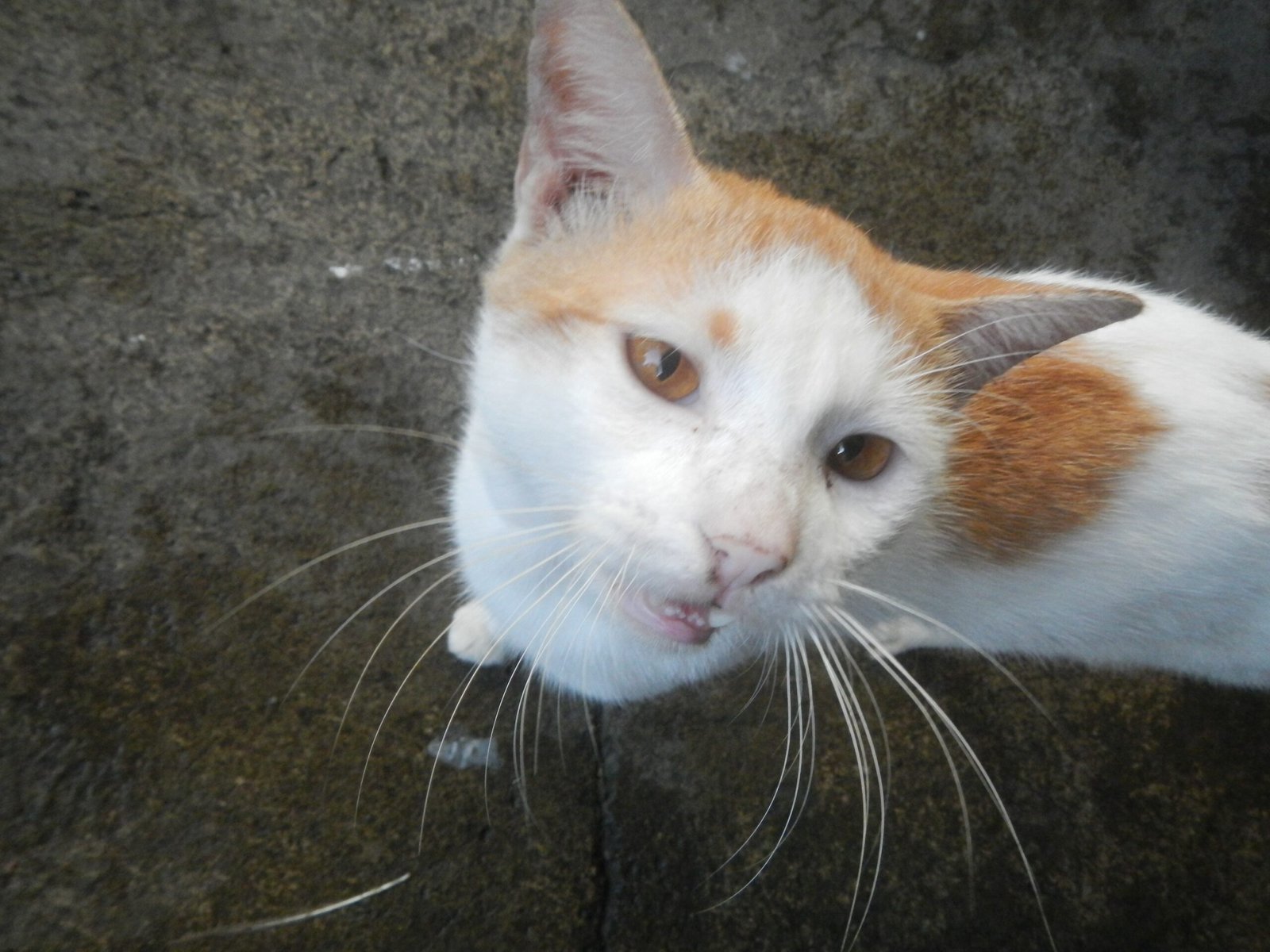
Even when you’re not actively interacting, your cat knows exactly where you are in the house. They listen for your footsteps, the creak of a chair, or the sound of your voice from another room. Many cats follow their humans from place to place, content to simply be nearby. This quiet companionship is a sign of deep affection—your cat feels safest and happiest when you’re close. Whether you’re working, cooking, or relaxing, your presence shapes their sense of security.
Your Love and Affection

Perhaps the most surprising thing your cat understands is the depth of your love. They notice the extra treats, the gentle strokes, and the soft words whispered in their ear. Even if they don’t always show it, cats feel the warmth of your affection and respond in their own unique ways. Some purr, some nuzzle, and others simply sit quietly by your side. This mutual exchange of love is at the heart of every cat-human relationship, a silent language that speaks louder than words.
What has your cat surprised you with lately?
Hi, I’m Bola, a passionate writer and creative strategist with a knack for crafting compelling content that educates, inspires, and connects. Over the years, I’ve honed my skills across various writing fields, including content creation, copywriting, online course development, and video scriptwriting.
When I’m not at my desk, you’ll find me exploring new ideas, reading books, or brainstorming creative ways to solve challenges. I believe that words have the power to transform, and I’m here to help you leverage that power for success.
Thanks for stopping by, Keep coming to this website to checkout new articles form me. You’d always love it!





